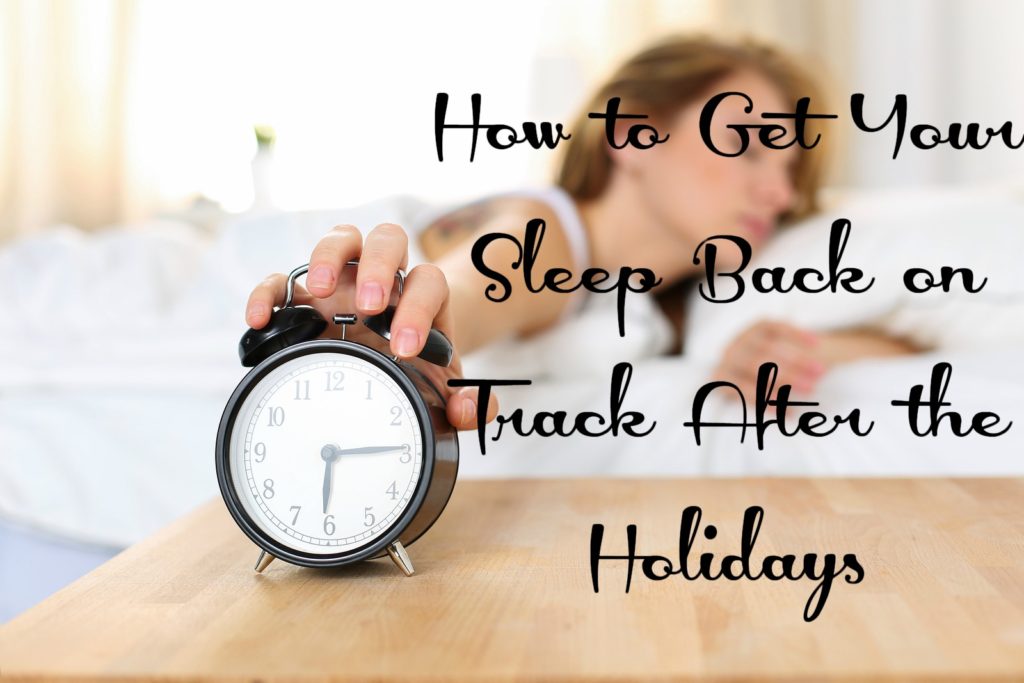The holidays are officially over and most of us are back to our daily grind. Did you struggle to wake up for work this week? Are you feeling unrested throughout the day? If so, you aren’t alone.

The holidays with all the parties, travel, shopping, prepping, planning, and visiting, can do a real number on our sleep cycles and circadian rhythms, making it difficult to go back to work and our normal lives.
Rubin Naiman, Ph.D., sleep specialist and clinical assistant professor of medicine at the University of Arizona’s Center for Integrative Medicine says, “I think it’s inevitable that we are going to have to pay the piper. If we’re stealing time from sleep, we’re going to have to pay it back.” He claims that the grogginess we feel when returning to work after the holidays is almost a sort of jet lag from having pushed our internal clocks ahead one or even two or three hours. It is almost like shifting to another time zone.
In order to get back on track, we need to reset our internal clock and get back to maintaining our regular sleep schedules. So how do you do that?
- Use the light
In the morning, use the light or light substitutes to signal to your body that it is time to be awake. If you can, soak in some of the morning sun when you first wake up to better help reset your circadian rhythm. In the evening, begin dimming lights and avoid televisions, phones, and computers within a couple hours of bedtime to signal to your body that it is time to fall asleep.
- Reserve caffeine for the morning hours
Avoid drinking caffeinated beverages or eating foods with caffeine in the late afternoon and evening hours. You don’t need to be kept awake when you are trying to get your cycle back on track.
- Get back to your regular wake-up time
Don’t stress if you are having a hard time getting to sleep at your regular, early bedtime. As long as you are waking up at your usual wake-up time, your bedtime will eventually reset itself. If you find that you can’t sleep after a few minutes, get out of bed and perform a non-stressful, non-work related activity (that doesn’t include a phone or other blue light emitting device). Lying in bed worrying about when you are going to fall asleep is not going to help anything.
Your internal body clock will most likely re-sync itself in a few days. Let the readjustment happen naturally and at its own pace. If you feel like you need more advice on resetting your sleep cycle you can read our blog about it here. Avoid quick fixes like alcohol and sleeping pills at night and extra caffeine during the day. You will only make the situation worse. If you are really struggling, maybe try a small dose of melatonin about 15 to 30 minutes before you go to bed.
If your sleep patterns have not improved within a month, there may be something more going on. In this case, you may benefit from visiting the Valley Sleep Center at one of our five convenient Valley locations for a sleep consult.

